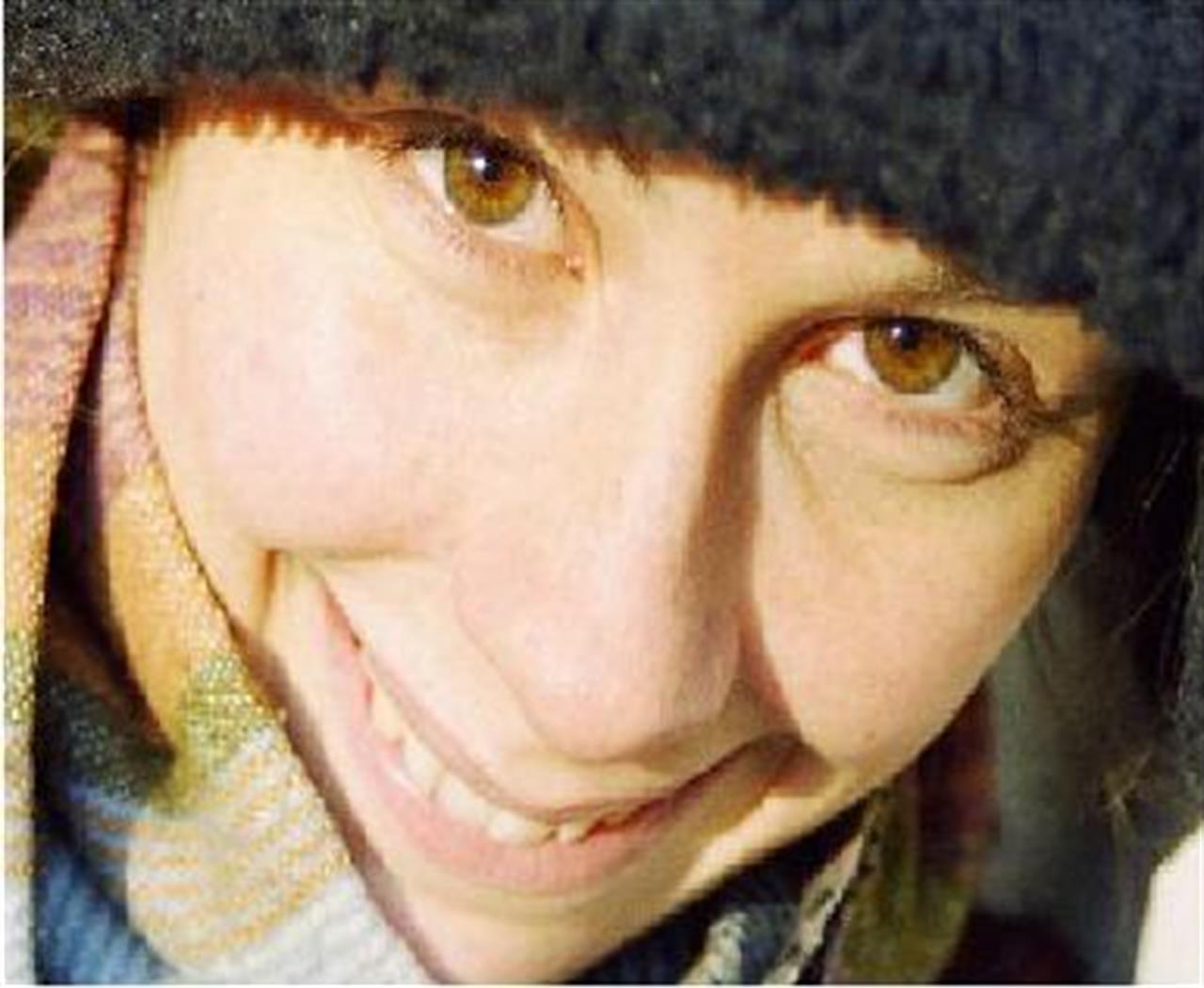Non profit
Poland: Dora Montagna
Dora Montagna is Italian but spends most of her time in Poland these days. Why Poland? Because it is there that she has founded a foundation for freedom, Fundacja dla Wolnosci ...

Dora Montagna, 28, Italian but spends most of her time in Poland. Why Poland? Because it is there that she has founded a foundation for freedom, Fundacja dla Wolnosci.
How long have you been working in the non profit sector?
Since 2003.
How and why did you become interested in the third sector?
Simply by trying to make something of my life that I both like and believe in!
What was it that brought you to have a particular interest in Polish youth?
Two things. Firstly, I have always worked in theatre and animation so I have always been in contact with young people. It also taught me that there is much to learn from them. Secondly, I have always wanted to live in all the cities I travelled in and to be honest … it all began with an Erasmus! Since then I have never stopped looking out for ways to travel and live in Europe, finding out that our European institutions offer lots of opportunities was very important for me and I decided that all young people, not just University students or city people should be able to access these possibilities.
How would you summarise your experience of setting up a foundation in Poland?
Its hard to answer this question without stating the obvious! In Poland it is young people who really move the country and so our foundation is based on listening to what they have to say. We would like to be a means through which people can talk, talk to each other and make their ideas become a reality. This is why we have planned a whole series of projects for 2008 aimed at sustaining young people’s initiatives that are aimed at making their voices heard. Our foundation will follow them through the whole process from project planning to fundraising to the actual implementation of the projects themselves.
What are, in your opinion, the main challenges for Polish civil society today?
For a society that has just found democracy again recently I think the greatest challenge is for people to become aware of and fully partake in the political life of their country.
What would you say you have learned from working in the Polish third sector?
I have learned that you don’t have to be nearing retirement or must you have the ‘right’ contacts to be able to influence society.
What, in your opinion, is the potential for partnerships to be established between Poland and Europe’s civil society?
There are fewer NGOs in Poland than there are in Western European countries and there is less government support. Perhaps that is why they have more influence and are more willing to collaborate with each other. For example, a demonstration in Poland doesn’t have to involve many people to be talked about in the news. Time will certainly play a part but I think that it is certainly a good moment to open a cross border debate and above all to raise awareness within the Polish population. I think Europe may have a lot to gain from a partnership with Poland as it is an important country that is destined to have an ever increasing influence.
What lessons do you think Poland has to offer Europe’s non profit sector?
I think that because the third sector in Poland is young and dynamic, it can offer a good example for organisations in the rest of Europe. Organisations often work together, not in competition with each other, and the people that work in them have innovative ideas. They know how to reach people and work in new ways.
What would you say are the main challenges faced by civil society generally today?
My experience is based on what I have seen in Italy and Poland, and I think that every place has a different story to tell. However I think that a challenge common to all lies in finding faith in the role that each citizen can play in building society. That is why I believe in the importance of stimulating debate, making people talk and ensuring that public opinion is free and open. Another challenge, especially for those that have ideas and want to see them take shape, is having to fight against bureaucracy. People, especially young people, mistrust institutions and fear bureaucracy. I for one am paying the the price of slow bureaucratic procedures but I think we have to take risks and follow things through. It’s the only way we will ever change things.
Do you have a particularly interesting or favourite website to suggest to our readers?
For readers who want to learn more about NGOs in Poland: www.ngo.pl. One of our foundation’s main aims is to make citizens active at the European level. To find out about all the opportunities that the European Union offers young people:
To find out more about the Foundation for Freedom:www.fundacjadlawolnosci.org
If you would like to contact Dora Montagna please write to staff@vitaeurope.org
Vuoi accedere all'archivio di VITA?
Con un abbonamento annuale potrai sfogliare più di 50 numeri del nostro magazine, da gennaio 2020 ad oggi: ogni numero una storia sempre attuale. Oltre a tutti i contenuti extra come le newsletter tematiche, i podcast, le infografiche e gli approfondimenti.
